More than 100 million. That’s how many babies will be born under the shadow of the coronavirus outbreak if figures by UNICEF are to be believed.
And our youngest is one of them.
If you’re a regular follower of the blog you’ll know we welcomed baby number four Violet Hope into the world on April 20 at the height of the coronavirus pandemic in the UK.
As a mum of four I know that having a new baby is hard enough without lockdown and a global pandemic to deal with, and (unsurprisingly) experts are warning of the effect lockdown combined with coping with a newborn, juggling homeschooling and looking after older siblings is likely to have on mental health.
So, if you or someone you know has or is preparing to welcome a new baby in the wake of the coronavirus pandemic we’ve teamed up with Dr Sophie Niedermaier-Patramani, co-founder and in-house paediatrician at organic baby meal delivery company Little Tummy, who has 7 top tips for coping with lockdown with a newborn baby at home.
7 top tips for coping with a newborn in the wake of coronavirus
1. Seek advice on (breast) feeding
“Feeding a baby, both bottle or breast, is a tough skill to learn and often doesn’t come naturally,” says Dr Sophie. “Especially during these times, it is important to find a way which suits you and your baby. This might be exclusive breastfeeding, bottle feeding or a mix of both. Call your local midwife centre if you are struggling to get support over the phone. UNICEF has a great video masterclass on latching and feeding. It can be helpful to find a dedicated space in your home where you can tune out the noise, get comfortable and enjoy this moment of bonding with your little one. Evenings and nights can take their toll when your baby is cluster feeding – your partner can take over some of the feeds or just the cuddles in between feedings to give you a break.”
2. Know what services are available
“It might feel daunting to go out to a newborn clinic to have your little one’s weight checked and some of the services might not be open at the moment,” says Dr Sophie. “Ring your local health visitor to check what safety measures they have in place. In general, if your baby is feeding well (at least four times a day), has more than four wet nappies per day and is awake and active, there is nothing to worry about.”
3. Relax screen time for older children
“Screen time has had a bad reputation and rightly so as sitting in front of a TV or screen leads to less physical activity,” Dr Sophie says. “But what if you have to look after a baby and older siblings need to be occupied, too? The Royal College of Paediatrics and Child Health has a very realistic approach to screen time. They suggest that using educational apps might even be beneficial for children. So make sure you download one of these and give yourself a break.”
4. Rest when everyone else is resting
“This can be tricky to achieve, and may even seem impossible!” admits Dr Sophie. “But, if you can at all, follow the old adage of ‘sleep when the baby is sleeping’. Try to plan your little one’s nap to coincide with a time when your other children can occupy themselves…and rest! We know that this is a big ask, but even lying down with your older children and watching a movie together can help you to restore some energy. It is really important to carve out even a little bit of time for yourself each day. This is not the time to do the laundry or clean the house. You deserve to sit down, take a nap or do anything that will relax you.”
5. Use lockdown as an opportunity to introduce solids
“Just when you feel you have nailed motherhood and have established a fairly good routine, you take on the next step of starting to wean your little one and a ton of new questions arise,” Dr Sophie says. “Try to keep it simple and take it meal by meal. Start with dark green vegetables, as they are relatively rich in iron and the earlier your little one gets used to bitter flavours, the easier it will be for them to stick to this healthy habit. Introduce one meal per day (e.g. lunch), this can be puree or finger foods, depending on what you and your baby prefer. After one month, introduce another meal (e.g. breakfast) and a third one after another month. Your little one will gradually reduce their milk feeds intuitively as they continue to eat more solids. Starting solids during lockdown can be a great opportunity to think about what and how you eat. Maybe you will experiment and add some greens to your table. It is much easier and faster to prepare the same food for everyone. With the whole family at home, it will also be easier to introduce your little one not only to the nutritious but also sociable aspects of food as you can sit down as for a family meal.” (There’s also plenty of support online. Little Tummy, who deliver fresh and nutritious baby food directly to your doorstep, run regular Q&A sessions on their Instagram feed with Dr Sophie).
6. Share the mental load
“Whatever occupies your mind, try to share it with your partner, a friend or family member over the phone,” says Dr Sophie. “Juggling a baby, older siblings, maybe home-schooling and running a household was never meant to be done by one person. Share the household chores with your partner or older children. And know that you are not alone in this. Every single mother in lockdown is experiencing the same feelings. Reach out to them and have a laugh over the phone, or on one of the many amazing social networks aimed at new parents.”
7. Remember you’re not alone
“Being isolated at a time like this can be incredibly overwhelming, but know that you are not alone,” points out Dr Sophie. “Make sure to reach out to your network, whether it is family or friends, other mothers, antenatal class friends, and talk about how you are feeling. It will help! The first weeks after having a baby can usually be filled with a horde of visitors who might give well-meant advice. It can be a blessing to have some space alone as a new family – enjoy that if you can. Finding like-minded mothers online has never been so important, so go ahead and find your tribe. And always remember, this is going to end.”
Have you welcomed a new arrival during lockdown or know someone who has? I’d love to hear about your experience!
This post was written in collaboration with Little Tummy.
If you liked this you may also enjoy reading:
10 things they don’t tell you about giving birth in a pandemic
10 things lockdown has taught me about my family
10 things I’m going to do differently after lockdown

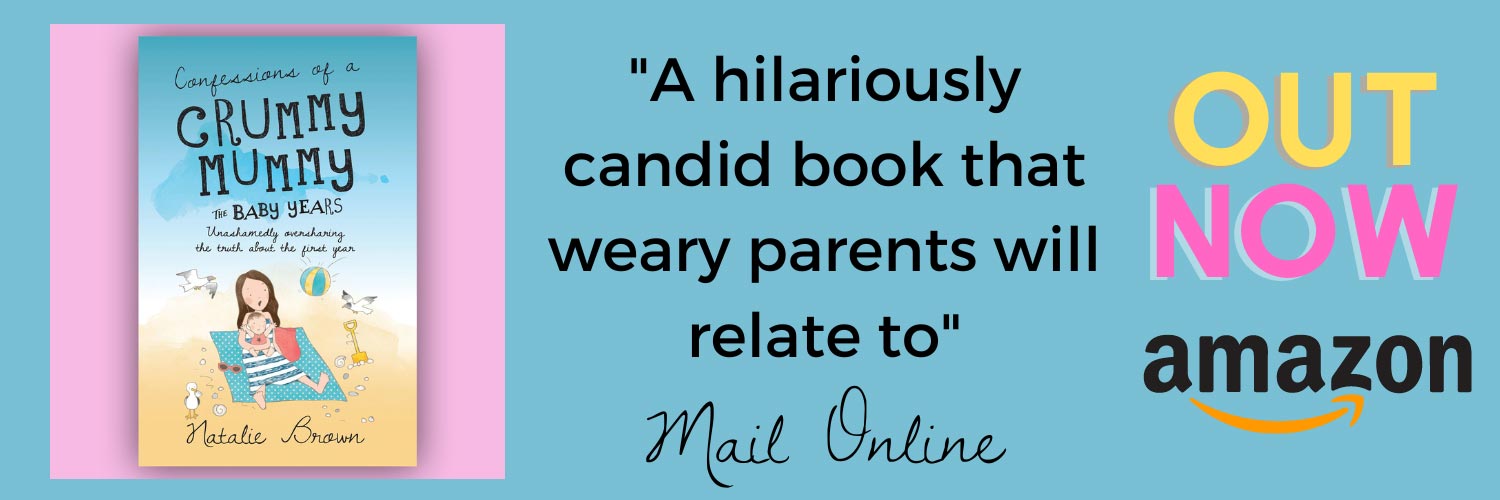
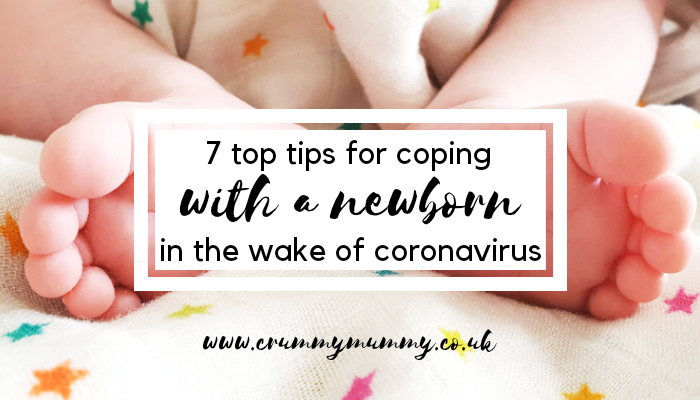
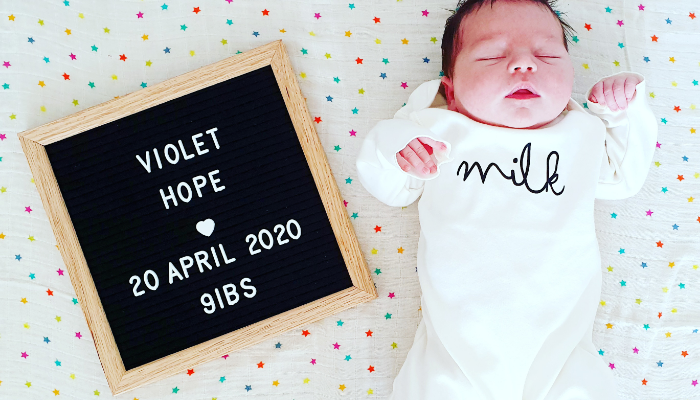
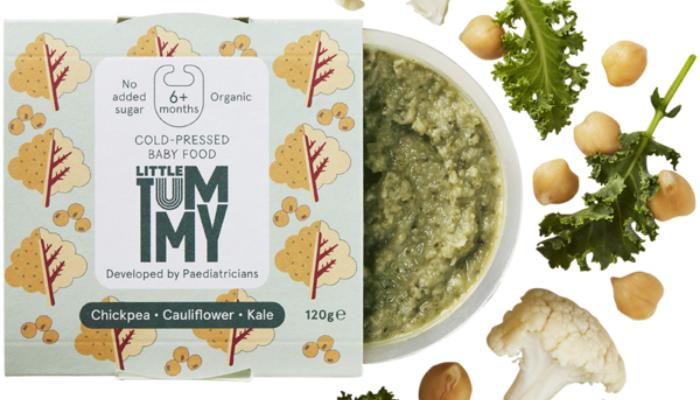
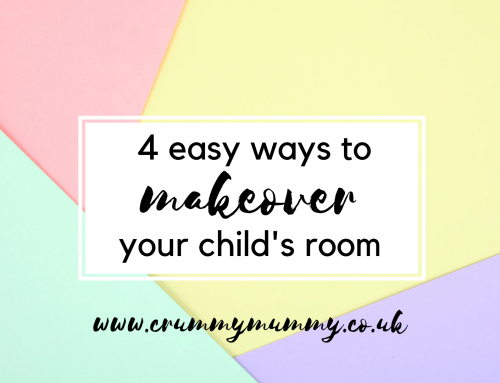

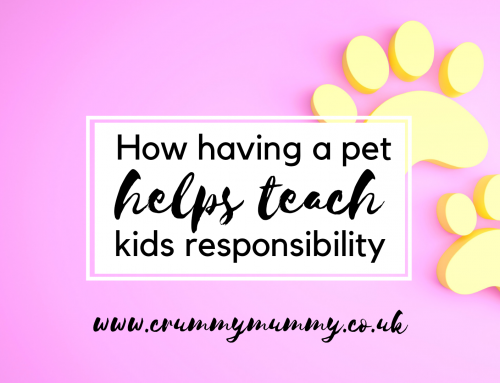
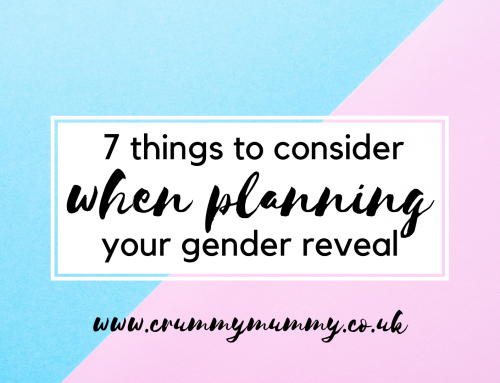






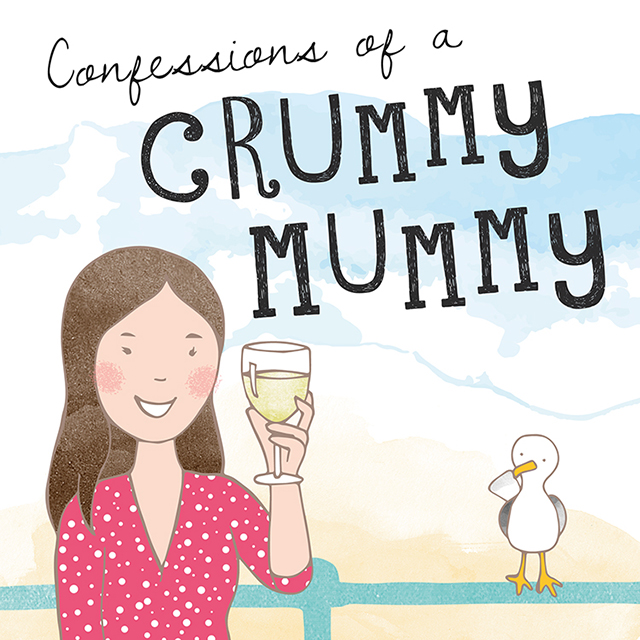












Leave A Comment